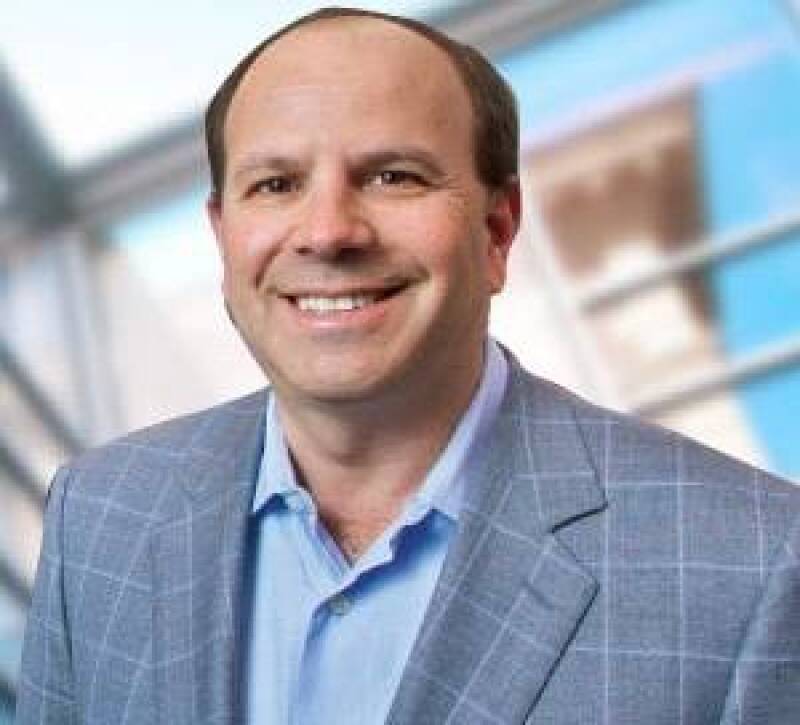
Peter Detkin, a founder and vice-chairman of Intellectual Ventures, the world’s largest buyer of patents, welcomes Washington’s crackdown on patent trolls ‑ with a few significant caveats.
The executive wants US policymakers to address allegations of patent system abuse across a range of companies, and not just among patent assertion entities (PAEs) such as IV. “There are many business models out there, and any reform should be focused on the system,” he said during an extensive interview with Managing IP.
He also complains that some Washington proposals are unfair to plaintiffs or would overwhelm the USPTO, which already struggles with its caseload. Policymakers should not overlook the importance of strengthening patent quality to help dissuade meritless lawsuits, he adds.
With the simmering patent troll debate set to heat up again now that the US Congress has reconvened following its summer recess, Managing IP will feature the reaction of leading PAEs in its October edition, available online from October 1. The coverage will include exclusive interviews with Detkin, IP NAV Founder and CEO Erich Spangenberg, Acacia Research CEO Matt Vella and Copytele President and CEO Robert Berman.
Detkin is particularly worried about the Shield Act, pending House legislation that would force patent trolls that lose in court to cover the legal costs of defendants. He would support the measure if it were amended to require any loser of a patent infringement case – whether plaintiff or defendant – to pay the winner’s legal fees.
Another concern involves “real party-in interest” proposals from the White House and lawmakers that would require patent applicants and owners to disclose their ownership. The goal is to deter trolls from using shell companies to obfuscate their holdings and portfolios. While he agrees that this idea could have public-interest benefits in some circumstances, he argues that there are legitimate competitive reasons for companies not to reveal such information.
Overall, Detkin is fine with roughly “80%” of the policy changes recommended by the White House in June. “There’s a new market out and we’re a leader in that market, and it is appropriate for the folks in Washington to take a look at a new market,” he says.
But he worries that some revisions contemplated by Washington would increase business costs by dragging out litigation. IV can afford the added expenses, but other litigants that deserve their day in court may not be so lucky, he warns.
To its critics, IV fits the classic definition of a troll: they say it acquires patents that are often broad or unclear and uses aggressive litigation tactics to pressure companies into settlements to avoid costly infringement lawsuits.
Detkin insists the real abusers are firms that take patents of “dubious quality” and threaten to sue across entire industries “looking for a quick hit”. By contrast, IV conducts extensive pre-file investigation and only pursues industry-wide litigation as a last resort, he explains.
Ironically, it was Detkin who coined the term patent troll more than a decade ago while at Intel, a major target of infringement claims, but he insists he has no regrets. “I wish I had a quarter for every time someone used it because I wouldn’t have to work for a living,” he says.










